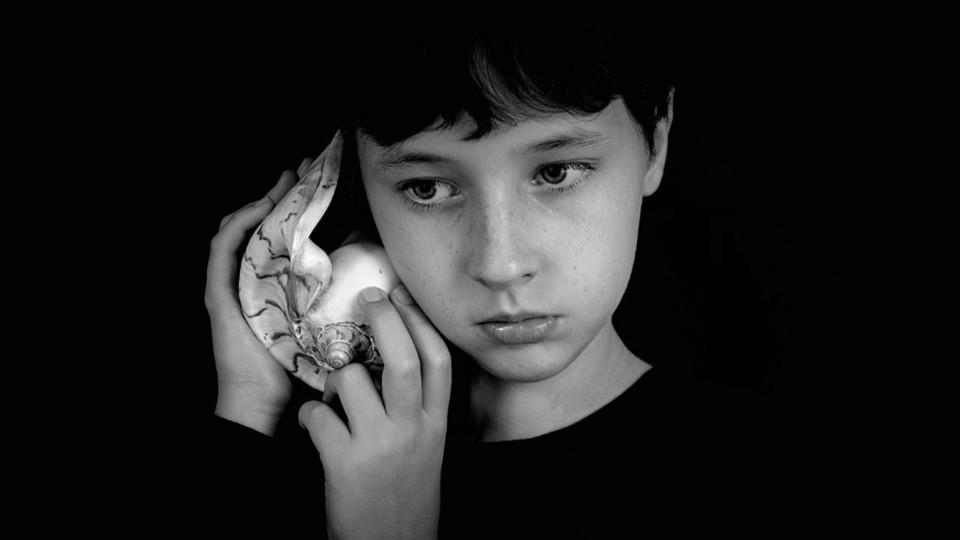Early result backs Regeneron’s deafness gene therapy

Regeneron’s gene therapy for a profound form of deafness affecting children, DB-OTO, has shown the first signs that it can improve hearing in a clinical trial.
The promising finding, in one child so far, comes from the phase 1/2 CHORD study, which is testing the adeno-associated virus (AAV) gene therapy in children with profound genetic hearing loss due to mutations of the otoferlin (OTOF) gene, an ultra-rare condition.
DB-OTO is designed to correct the mutations in OTOF, which codes for a large protein expressed in hair cells in the cochlea (inner ear) that is involved in the process of transmitting sound into neuronal signals.
The child received an intracochlear injection of DB-OTO in one ear, and saw improvements in auditory responses through week six compared to baseline, with no concerning safety signals, according to Regeneron.
Specifically, there were improvements in auditory brainstem response (ABR) – an electrode-based test that measures how well the cochlear and brain pathways for hearing are working that is used when standard hearing tests are unsuitable, as well as pure tone audiometry, a behavioural test used to measure hearing sensitivity.
ABR is often absent in children with otoferlin-related hearing loss, and could not be detected in either of the child’s ears at the start of the study.
“The children who are being enrolled in CHORD are often born with profound hearing loss due to mutations in a single gene, otoferlin, which essentially turns off their auditory circuits,” said Professor Manohar Bance, an ear surgeon and principal trial investigator at Cambridge University Hospitals NHS Foundation Trust in the UK.
“With these very preliminary DB-OTO results, we now have encouraging evidence that this gene therapy may be able to help turn these auditory circuits back on,” he added.
Treatment at the moment is generally cochlear implants, neuroprosthetic devices that require surgery to install and can provide a limited sensation of hearing, signals that deaf people can learn to interpret as speech and sound.
While OTOF-related deafness is very uncommon, accounting for around 8% of all congenital deafness, which is equivalent to around 20,000 people in Europe and the US combined, Regeneron said the study has shown proof-of-concept for its approach that could be extended to other single-gene disorders of hearing.
The biotech acquired DB-OTO as part of its $109 million takeover of Decibel Therapeutics earlier this year, and is also working on candidates for deafness caused by mutations in the GJB2 and STRC genes, as well as a therapy to prevent damage to the ear caused by cancer chemotherapy.
CHORD has a target enrolment of 22 patients and is due to run until 2030. Other gene therapies for OTOF-related deafness are being developed by French biotech Sensorion and Eli Lilly/Akouos.












